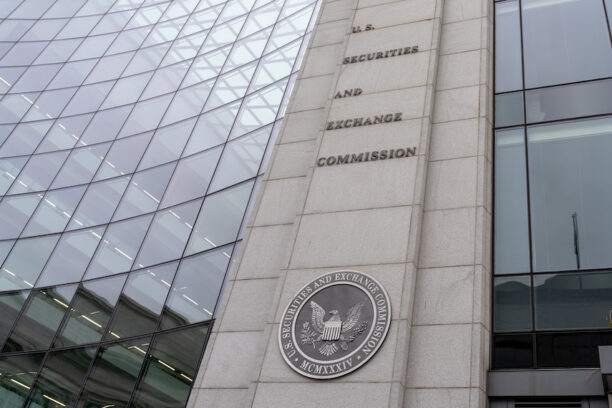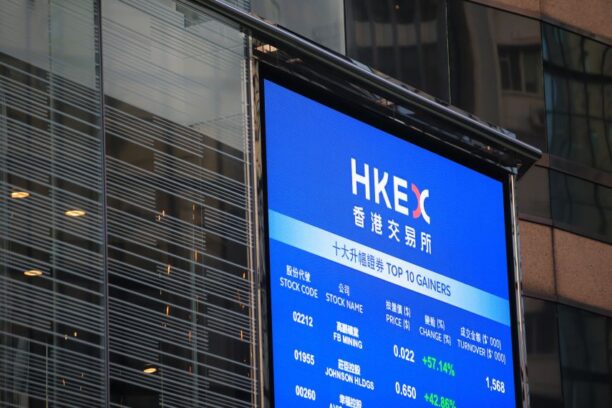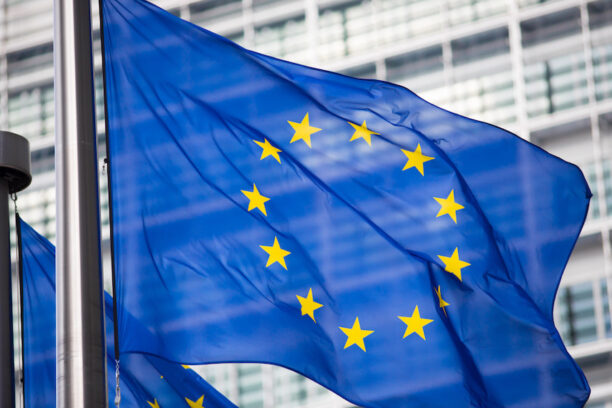Working on scope 3 emissions and supply chain due diligence often leaves companies trying to reckon with decisions and conditions outside of their control. Continuing with my series of takeaways from last month’s Reuters Responsible Business 2024, let’s look at how sustainability leaders are looking at their supply chain partners in light of these issues.
In the panel Charting a New Path for Business: Embedding Transition Plans Within Business Growth Strategy the CSOs of Mars and Prologis sat down with Paulina Tarrant of SBTi to discuss challenges and opportunities in tackling carbon reductions, particularly scope 3 reductions. As the panel went on a theme emerged: those with carbon reduction goals are more likely to partner with companies that are also taking action on climate. Barry Parkin, CSO and CPO of Mars, said he prefers doing business with others already making carbon reductions: “If you’re moving away from [carbon-intensive supply chains], then I don’t have to do it, I just have to move my business to you.” Cement and steel were two examples demonstrating the point. There is an incentive for companies looking to clean up their emissions to prioritize suppliers and vendors that are on the same mission because a mutually beneficial relationship is created.
This could provide a strategic advantage for companies looking to court business relationships, particularly those with larger customers subject to emissions disclosure rules. While many companies are still in the calculation and disclosure phase of transition planning, those who have been leading in this area are expecting to hit reduction targets. Suppliers that can help them accomplish this goal will be more sought after. The panel also mentioned that the energy transition will have winners and losers: winners will be those who are able to provide solutions for their supply chain partners.
If you aren’t already subscribed to our complimentary ESG blog, sign up for daily updates here: https://practicalesg.com/subscribe/










